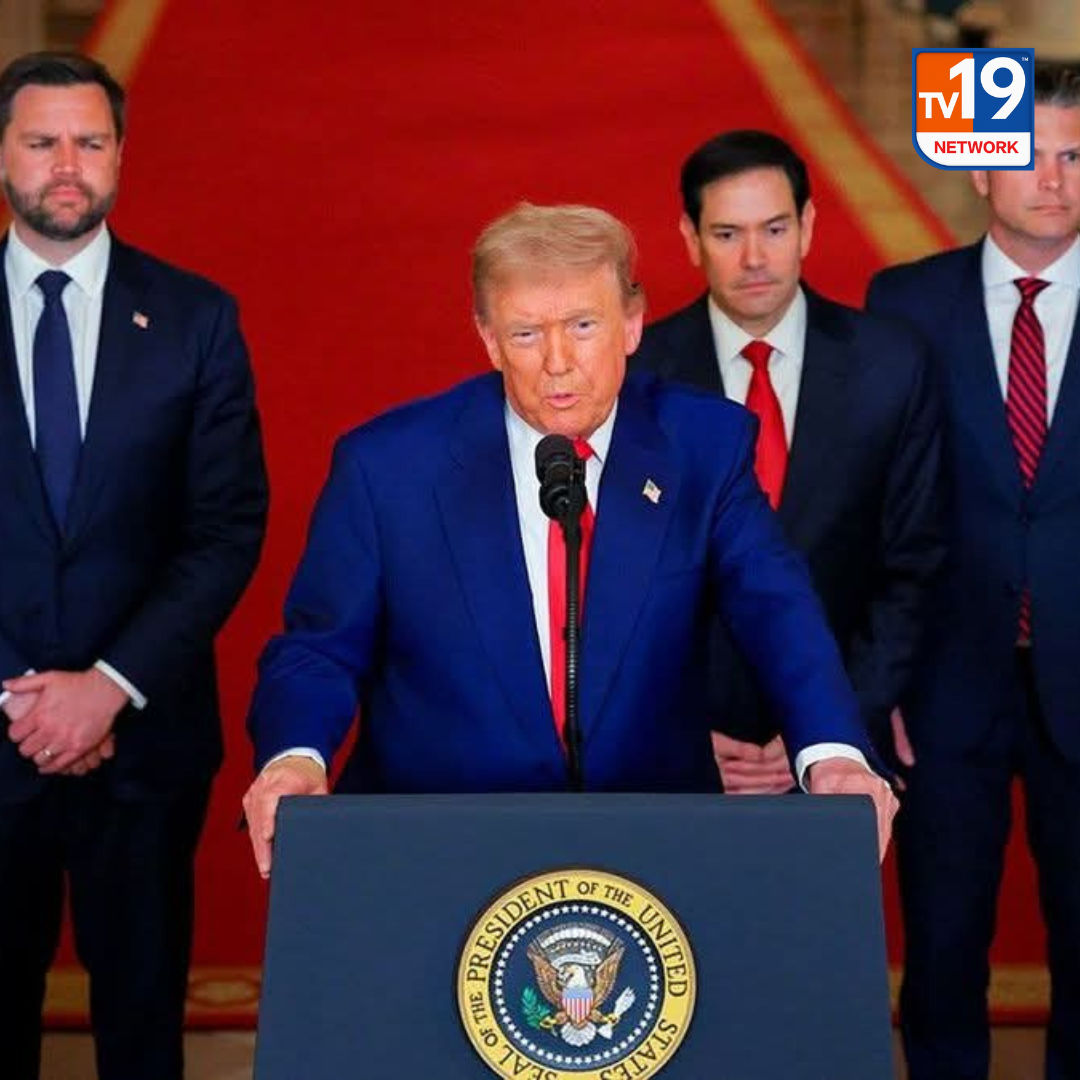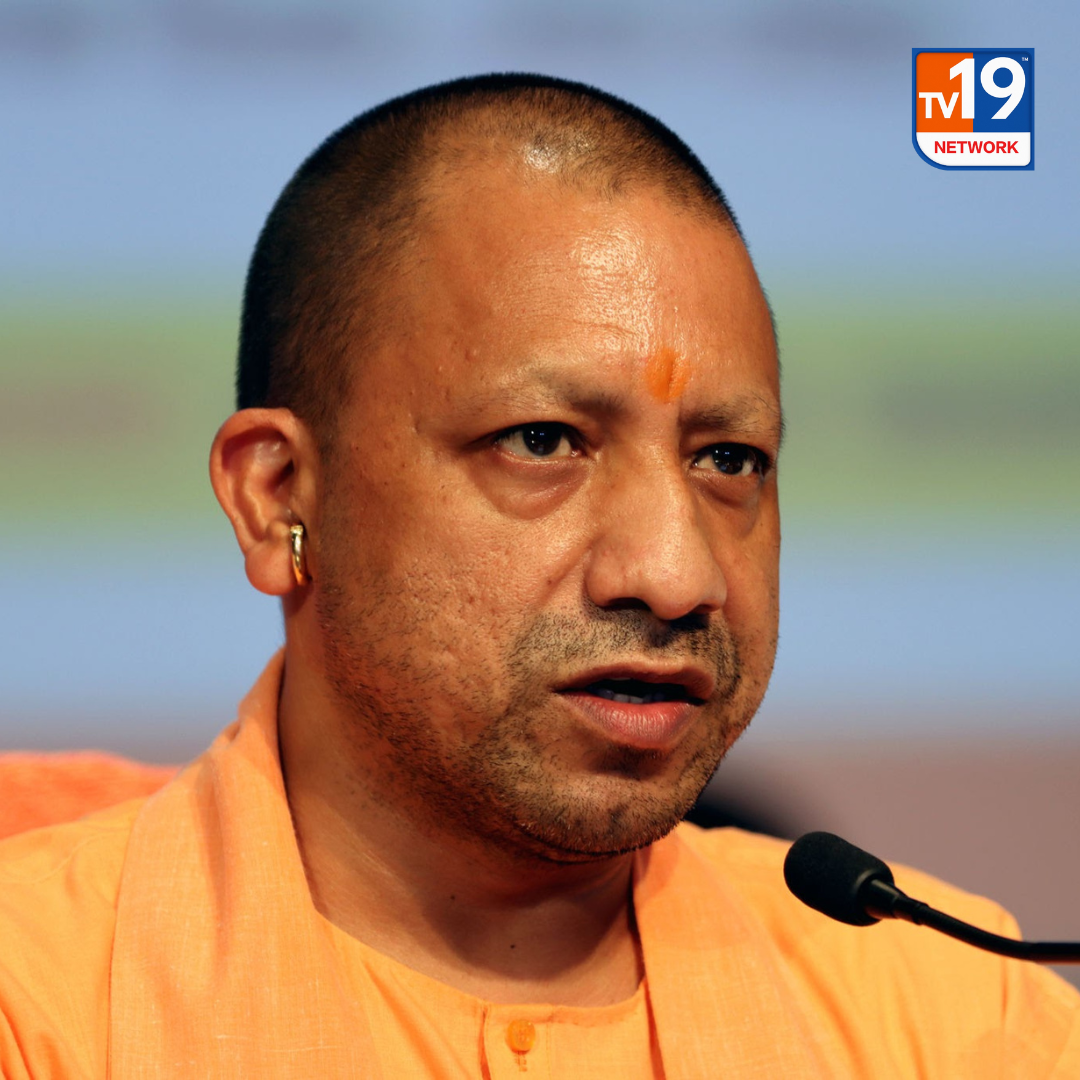President Trump Fires NSA Director Gen Timothy Haugh Amid Rising Cybersecurity Concerns
Washington, D.C.: In a move that has sparked political backlash and concerns over national security, U.S. President Donald Trump on Thursday dismissed General Timothy Haugh from his post as Director of the National Security Agency (NSA), according to two officials familiar with the matter. General Haugh, who also served concurrently as the head of U.S. Cyber Command, was relieved of his duties alongside his deputy, Wendy Noble.
The decision has drawn sharp criticism from congressional Democrats, who questioned the timing and implications of removing a respected military officer in the face of mounting cyber threats, particularly in the wake of the recent Salt Typhoon cyberattack. That incident, allegedly orchestrated by Chinese state-sponsored hackers, has been described by lawmakers as the largest telecommunications hack in U.S. history.
"General Haugh has served our country in uniform, with honor and distinction, for more than 30 years," said Senator Mark Warner, vice chairman of the Senate Intelligence Committee. "At a time when the United States is facing unprecedented cyber threats, as the Salt Typhoon cyberattack from China has so clearly underscored, how does firing him make Americans any safer?"
The White House has yet to issue an official statement explaining the rationale behind the dismissals, and sources cited by media outlets, including The Washington Post, have indicated that even senior officials were caught off guard by the abrupt move. The motives behind the decision remain unclear.
Wendy Noble, Haugh’s deputy at the NSA, has reportedly been reassigned to a position within the Pentagon’s Office of the Undersecretary of Defense for Intelligence. The NSA operates as part of the Department of Defense and plays a critical role in intelligence gathering, cybersecurity defense, and the protection of U.S. digital infrastructure.
The sudden leadership shake-up comes at a time of heightened geopolitical tension and growing concerns over cyber warfare capabilities of adversarial nations such as China, Russia, and Iran. Experts warn that removing top officials in charge of the nation's cybersecurity apparatus without a clear plan for succession or justification could leave critical systems vulnerable to attack.
This is not the first time President Trump has faced criticism for removing key national security officials. Over the course of his political career, he has repeatedly clashed with intelligence and defense personnel, often replacing seasoned professionals with individuals seen as more politically aligned with his administration.
Despite bipartisan concern over cyber threats, the Trump administration has often been at odds with intelligence agencies, and Thursday’s dismissals are likely to reignite debates over political interference in national security operations.
The Salt Typhoon incident, which exposed vulnerabilities across major telecommunications networks and potentially compromised sensitive data, had already led to increased scrutiny on U.S. cyber defenses. Now, with the removal of the two top figures at the NSA, questions are growing about who will lead the agency through this turbulent time—and how the decision could impact America’s preparedness for future digital threats.
It remains to be seen whether the Biden administration or the Department of Defense will offer additional clarity on the transition in leadership or appoint interim successors. For now, the abrupt removal of General Haugh and Wendy Noble adds a new layer of uncertainty to the U.S. cybersecurity landscape at a critical moment.





